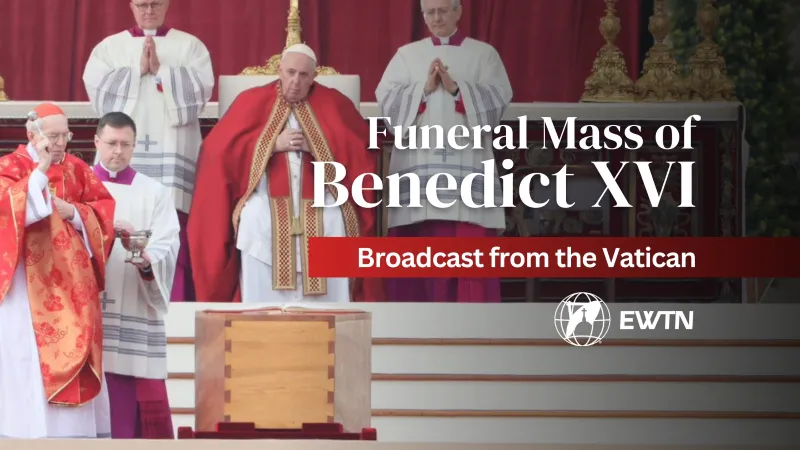
Vatican City, Sep 21, 2019 / 10:59 am (CNA).- No one is lost to Jesus, neither should they be considered lost to the Church and her members, Pope Francis told Catholics in Albano Laziale Saturday.
The pope reflected on the story of Zacchaeus the tax collector, whom Jesus remembered, sought out, and invited to dine with him.
“If we avoid those who seem lost to us, we are not of Jesus,” he said Sept. 21. “We ask for the grace to meet everyone as a brother and not to see anyone as an enemy.”
“How wonderful it would be if our neighbors and acquaintances felt the Church is their home!” he added, speaking during Mass at the Cathedral of St. Pancras in Albano Laziale, a town just south of Rome on Lake Albano.
The pope visited the cathedral to mark its 159th anniversary of elevation to a minor basilica by Pope Pius IX in September 1865.
In his homily, Pope Francis said it is an easy temptation to close one’s circle, to become an elite group, “but there are so many brothers and sisters who are homesick, who do not have the courage to approach, perhaps because they have not felt welcomed.”
“The Lord wants his Church to be a home among houses, a hospitable tent where every man, a wayfarer of life, meets Him who has come to dwell among us,” he said.
“We give freely, we love the poor and those who cannot repay us,” Francis urged, then “we will be rich in the eyes of God.”
He explained that Zacchaeus was probably hated by the people, “in their eyes, Zacchaeus was the worst…” He added: “But not in the eyes of Jesus, who calls him by his own name, Zacchaeus, which means ‘God remembers.’ In the forgotten city, God remembers the greatest sinner.”
And “the Lord first of all remembers us,” the pope went on. “He does not forget us, he does not lose sight of us despite the obstacles that can keep us away from him. No obstacle makes Jesus forget the essential, the man to love and save.”
“Like Jesus, do not be afraid to ‘cross’ your city, to go to those who are most forgotten, to those who are hidden behind the branches of shame, of fear, of loneliness, to tell them: ‘God remembers you,’” he urged.
Pope Francis also emphasized that Jesus should be the priority. As the Church, he said, let us ask ourselves if Jesus or our own structures and agendas come first.
He advised that, “if like Zacchaeus you are looking for a meaning to life but, not finding it, [and] you are throwing yourself away with ‘surrogates of love,’ such as riches, career, pleasure, some addiction, let yourself be looked at by Jesus.”
If you value the news and views Catholic World Report provides, please consider donating to support our efforts. Your contribution will help us continue to make CWR available to all readers worldwide for free, without a subscription. Thank you for your generosity!
Click here for more information on donating to CWR. Click here to sign up for our newsletter.





Good old Zacchaeus inspires hope.